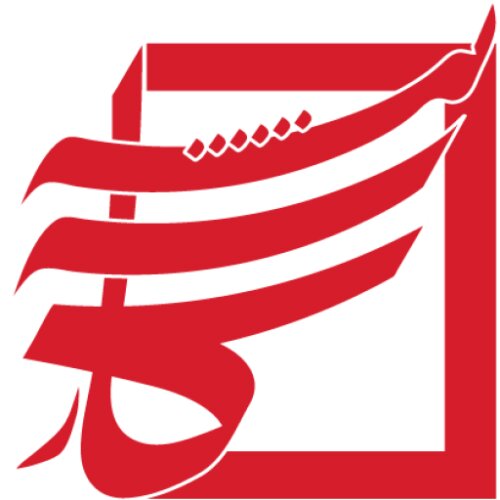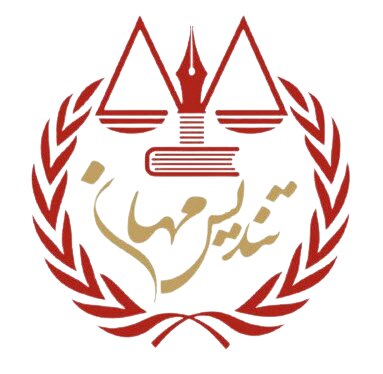Best Employer Lawyers in Tehran
Share your needs with us, get contacted by law firms.
Free. Takes 2 min.
List of the best lawyers in Tehran, Iran
About Employer Law in Tehran, Iran
Employer law in Tehran, Iran, is governed by a combination of national labor laws, regulations, and local policies. This body of law is designed to regulate the rights and obligations between employers and employees, ensuring fair treatment, safe working conditions, and adherence to contractual agreements. Key legislation includes the Iranian Labor Code, which sets standards for employment contracts, working hours, wages, benefits, and dispute resolution mechanisms. Due to the complexity of the legal system and the potential for localized regulations, seeking legal advice can be crucial to navigate these nuances.
Why You May Need a Lawyer
There are several situations where individuals or businesses may require legal assistance in employer-related matters in Tehran, Iran. Common scenarios include drafting and reviewing employment contracts, handling employment disputes, understanding regulatory compliance, navigating workplace discrimination claims, and managing employee terminations. Legal professionals can provide necessary guidance to ensure that all practices align with current laws and regulations, mitigate risks, and protect the rights of both employers and employees.
Local Laws Overview
In Tehran, employer laws are primarily shaped by the Iranian Labor Code, which covers a wide range of employment-related issues, including:
- Employment Contracts: The law mandates written contracts for all employment relationships, specifying job roles, salary, and conditions.
- Working Hours: Standard working hours are generally capped at 44 hours per week, with specific provisions for overtime and shift work.
- Wages: Minimum wage standards are established annually by the Supreme Labor Council, with specific allowances and benefits.
- Termination and Redundancy: Employers must provide valid reasons and proper notice for termination, with severance pay and unemployment insurance for eligible employees.
- Health and Safety: Employers must comply with safety regulations to ensure a safe working environment, with penalties for non-compliance.
- Dispute Resolution: Employment disputes are typically resolved through mediation and labor tribunals.
Frequently Asked Questions
What are the basic rights of an employee in Tehran?
Employees are entitled to a fair wage, safe working conditions, protection against unjust dismissal, and benefits as per the Iranian Labor Code.
How can an employer legally terminate an employee?
An employer must provide a legitimate reason, adhere to notice periods as per the contract, and offer severance if applicable, following Labor Code guidelines.
What is the process for resolving employment disputes?
Disputes can be resolved through mediation or by approaching the labor Tribunal in Tehran, which provides a formal resolution mechanism.
What are the minimum wage requirements?
The minimum wage is set annually by the Supreme Labor Council and may include additional components, such as housing or transportation allowances.
Are probationary periods allowed in employment contracts?
Yes, probationary periods are allowed but must be explicitly stated in the contract and cannot exceed three months.
How are overtime hours compensated?
Overtime hours are compensated at a premium rate, typically 140% of the regular pay, as specified by Iranian labor regulations.
What safety regulations must employers comply with?
Employers must adhere to the health and safety standards set by the Occupational Safety and Health Committee to ensure a safe work environment.
Can employment contracts be verbal?
While verbal agreements can exist, they are not advisable. The law requires written contracts to clearly define the terms and conditions of employment.
What benefits are employees entitled to?
Employees are entitled to benefits including health insurance, pension benefits, and leave entitlements, as outlined in the Labor Code.
Are there specific laws for foreign workers?
Yes, foreign workers must obtain work permits, and employers must comply with additional regulations set by the Ministry of Labour and Social Affairs.
Additional Resources
For further assistance or information, you can consult the following resources:
- Iranian Ministry of Labour and Social Affairs: Offers comprehensive resources on employer and employee rights and obligations.
- Tehran Chamber of Commerce: Provides guidance for business owners on compliance with labor laws.
- Local Law Firms: Specialized in labor law, providing tailored legal advice and representation.
Next Steps
If you need legal assistance in employer-related matters in Tehran, consider reaching out to a reputable law firm specializing in labor law. Prepare all relevant documentation and information related to your case before your consultation. You can also attend informational sessions or workshops conducted by local chambers or legal associations to familiarize yourself with your rights and responsibilities. Ensure that any counsel or legal intervention aligns with the latest Iranian labor laws and policies.
Lawzana helps you find the best lawyers and law firms in Tehran through a curated and pre-screened list of qualified legal professionals. Our platform offers rankings and detailed profiles of attorneys and law firms, allowing you to compare based on practice areas, including Employer, experience, and client feedback.
Each profile includes a description of the firm's areas of practice, client reviews, team members and partners, year of establishment, spoken languages, office locations, contact information, social media presence, and any published articles or resources. Most firms on our platform speak English and are experienced in both local and international legal matters.
Get a quote from top-rated law firms in Tehran, Iran — quickly, securely, and without unnecessary hassle.
Disclaimer:
The information provided on this page is for general informational purposes only and does not constitute legal advice. While we strive to ensure the accuracy and relevance of the content, legal information may change over time, and interpretations of the law can vary. You should always consult with a qualified legal professional for advice specific to your situation.
We disclaim all liability for actions taken or not taken based on the content of this page. If you believe any information is incorrect or outdated, please contact us, and we will review and update it where appropriate.

















